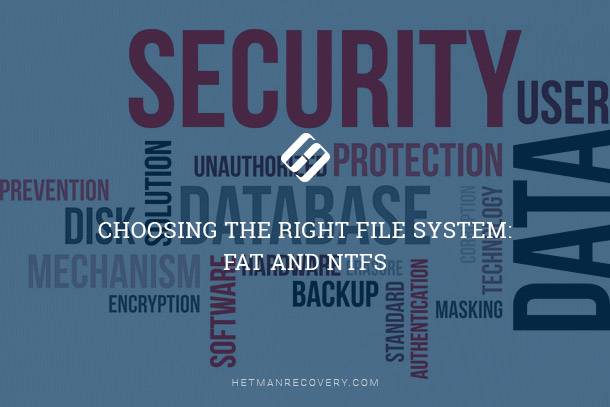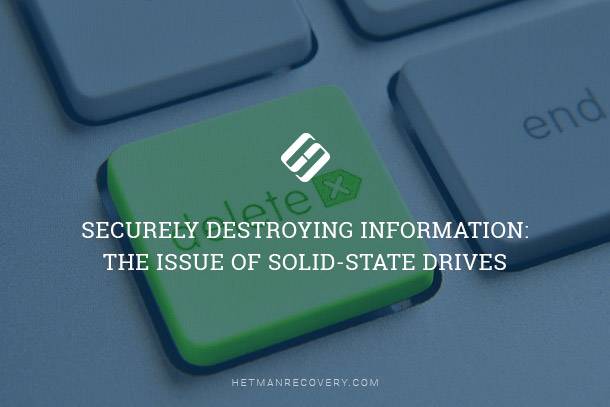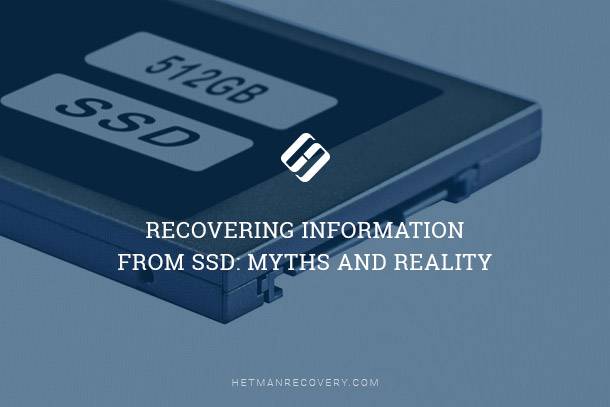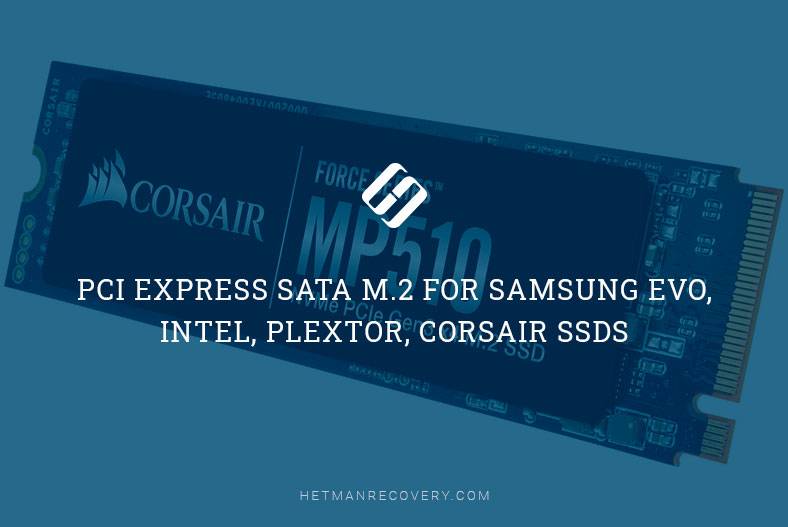FAT or NTFS? Choosing the Right File System
Choosing the right file system is crucial for optimizing your storage experience. In this article, we decode the differences between FAT and NTFS, helping you make an informed decision for your storage needs. Whether you’re a casual user or a tech enthusiast, understanding these file systems is essential. Learn how to choose between FAT and NTFS for your storage solutions!

- The Better File System
- The Price of Technical Superiority
- Compatibility and Portability
- FAT: The Lighter File System
- Questions and answers
- Comments
The Better File System
Of the two file systems, NTFS is the most advanced by a large margin. Vastly increased durability and reliability, transaction-based access, alternative data streams, support for on-the-fly file compression and data encryption, access control rights management and many other features that are not available in any incarnation of the FAT file system make NTFS technically superior. However, this superiority comes at a price.
| File System | Main Characteristics | Support for File Permissions | Maximum Disk Size | Maximum File Size | Speed | Stability |
|---|---|---|---|---|---|---|
| FAT (FAT16, FAT32) |
|
Limited support for file permissions (FAT16 – limited, FAT32 – no support) | Up to 2 TB (FAT32) | Up to 4 GB (FAT32) | High | Stable |
| NTFS |
|
Support for file permissions | Up to 16 EB | Up to 16 TB | Lower compared to FAT | High |

Converting NTFS, FAT32 or exFAT USB Flash Drive, External Drive Without Losing Data
The Price of Technical Superiority
With NTFS being so much “better” than FAT, why is anyone using the simpler, older file system? The answer lies in the price you pay for this technical superiority.
In order to deliver the increased durability and reliability provided by transaction-based, fully logged access, NTFS maintains a transaction journal that stores (even if for a very short while) information about each write access operation. In some configuration, every read operation also causes a write to store information about last access time. This means two things. First, the file system needs space on the disk to store the transaction journal. This also means a vastly increased number of write operations per transaction, which in turn slows down performance of write-stranded media such as USB flash drives and memory cards. In addition, increased write load leads to much shorter lifespan of flash-based media such as SSD drives, flash and memory cards.
So, in a word, NTFS is a better file system, technically; but the superiority comes at a price of bloated system areas and heavier write load. Simply said, you’ll get less free space when you format a disk with NTFS, and you’ll get shorter life from a solid-state storage device.
Compatibility and Portability
While both file systems are developed by Microsoft, NTFS is viewed as a more “closed” file system compared to FAT. Windows PCs are pretty much the only thing that fully supports NTFS-formatted disks. Digital photo cameras, MP3 players, smartphones, most non-Microsoft tablets do not and will not support NTFS if for no other reason but legal restrictions and licensing costs, let alone the increased footprint and the much more difficult technical implementation in portable devices with low computation power.

How to Fix a Flash Drive for a Computer, TV or Car Audio in 2019 🛠️👨💻🤔
FAT: The Lighter File System
Initially, such manufacturers as Corsair, Hitachi, Kingmax, Seagate, Sony used FAT as a universal file system for all drive types. Today, it can be viewed as an extremely simplified version of a file system. Does that mean that FAT is a “better” file system? Again, this is not the case. While, indeed, FAT has a much smaller footprint compared to NTFS, the older file system does not offer any of the perks provided by NTFS. No durability under heavy load, no file access restrictions, no this and no that may not mean much when talking about a memory card or USB flash drive, but can be a whole world of a difference if you’re about to format a system drive or a disk to hold important data.
Simply put, there are used for both. You will use NTFS under certain circumstances, while you’ll use FAT in other cases.
In the second part of the article, we will try to answer the question “Which file system to use and for which purposes?”





